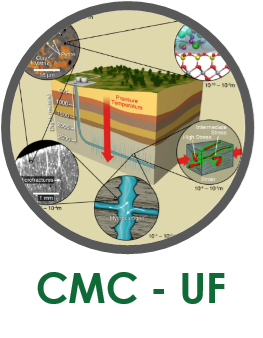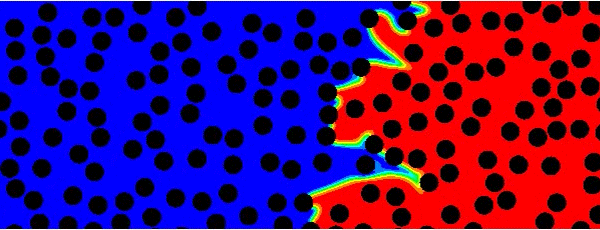Research activities of the Ihme Group focus on the computational modeling of turbulent and chemically reacting flows; particular emphasis is directed towards improving the fundamental understanding of underlying physical processes involving the coupling between turbulence, combustion-chemistry, pollutant formation and noise emission. Our research approach combines classical theoretical analysis tools (including linear stability analysis, rapid distortion theory, and stochastic models), numerical models (such as Reynolds-averaged Navier-Stokes (RANS) formulations and large-eddy simulations (LES)), and the utilization of direct numerical simulation (DNS) results for the development, analysis, and validation of computational models. Current research interests include:
- Heat-transfer and boundary layers in internal combustion engines and rocket propulsion systems
- Combustion-generated noise and supersonic jet noise
- High-order numerical techniques for chemically reacting flows
- Development of LES-models for application to kinetics-controlled combustion, including auto-ignition, low-temperature combustion, and combustion-dynamic processes
- Characterization of facility-induced non-idealities in rapid-compression engines, shock-tubes, and flow reactors
 |
 |
 |
 |
 |
 |
 |
 |
 |
 |
 |
 |














